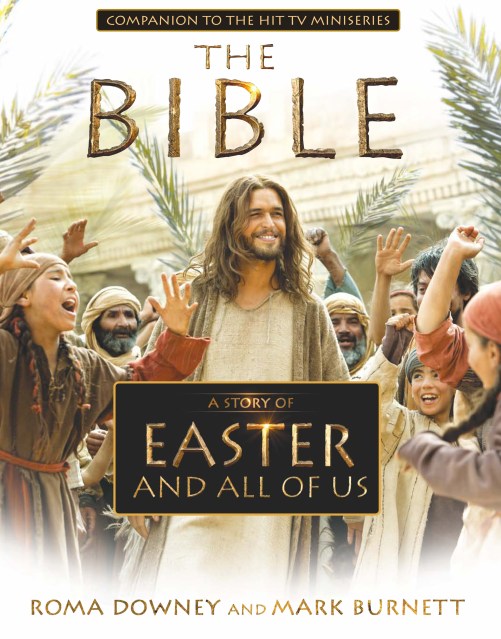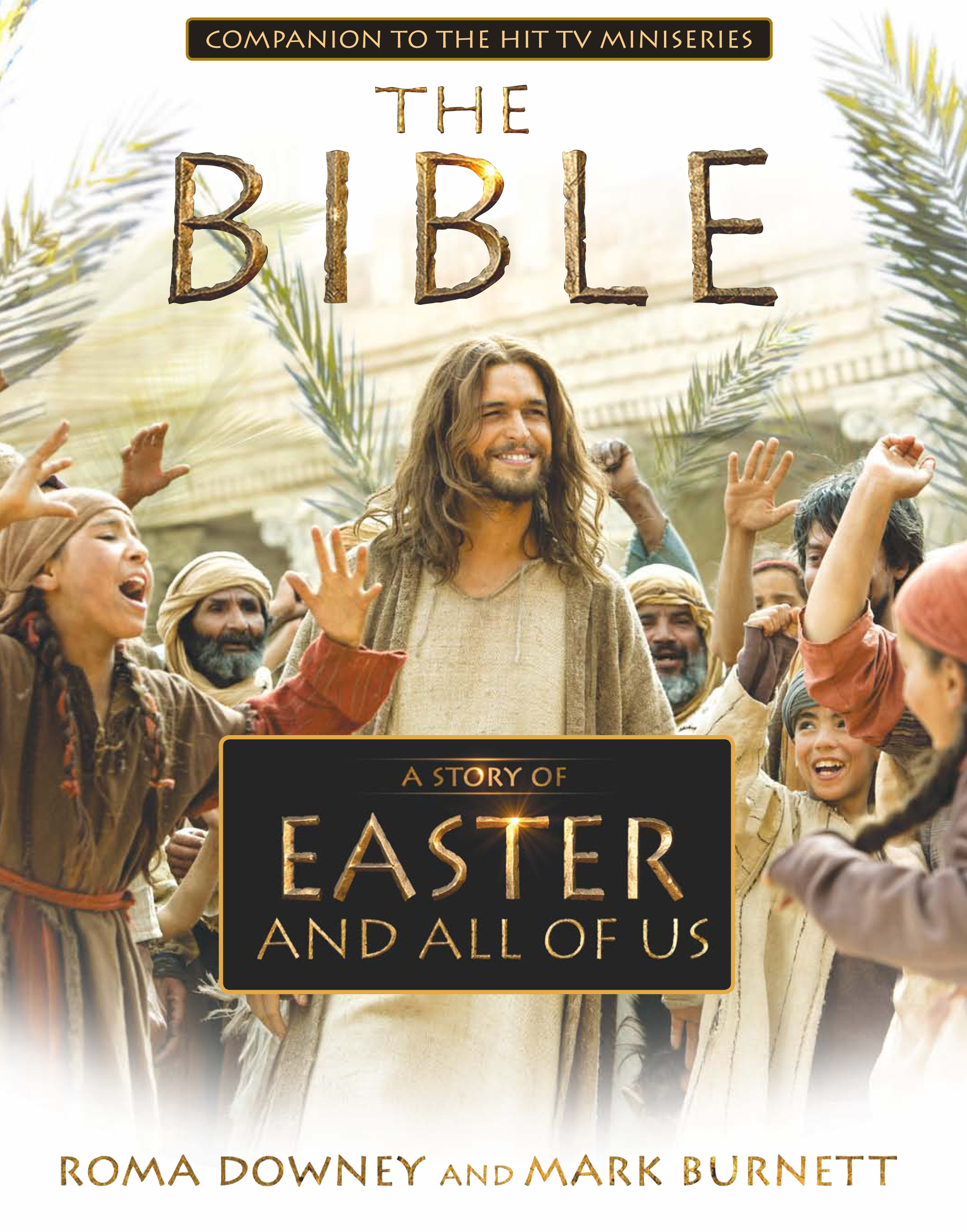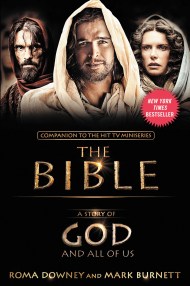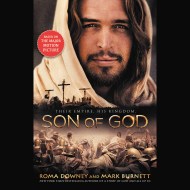By clicking “Accept,” you agree to the use of cookies and similar technologies on your device as set forth in our Cookie Policy and our Privacy Policy. Please note that certain cookies are essential for this website to function properly and do not require user consent to be deployed.
A Story of Easter and All of Us
Companion to the Hit TV Miniseries
Contributors
By Roma Downey
By Mark Burnett
Formats and Prices
- On Sale
- Feb 25, 2014
- Page Count
- 128 pages
- Publisher
- FaithWords
- ISBN-13
- 9781455576685
Price
$9.99Price
$12.99 CADFormat
Format:
- ebook (Digital original) $9.99 $12.99 CAD
- Audiobook Download (Unabridged)
This item is a preorder. Your payment method will be charged immediately, and the product is expected to ship on or around February 25, 2014. This date is subject to change due to shipping delays beyond our control.
Buy from Other Retailers:
From the Last Supper in the upper room to the celebration of finding an empty tomb, this beautiful full color book chronicles the journey of Christ’s death and resurrection in a way the Easter story has never before been “told.” Containing extraordinary images from the Emmy-nominated TV series watched by over 100 million people, The Bible, A STORY OF EASTER AND ALL OF US is a book that will take a deserved place among the finest celebrations of Easter.
Newsletter Signup
By clicking ‘Sign Up,’ I acknowledge that I have read and agree to Hachette Book Group’s Privacy Policy and Terms of Use






